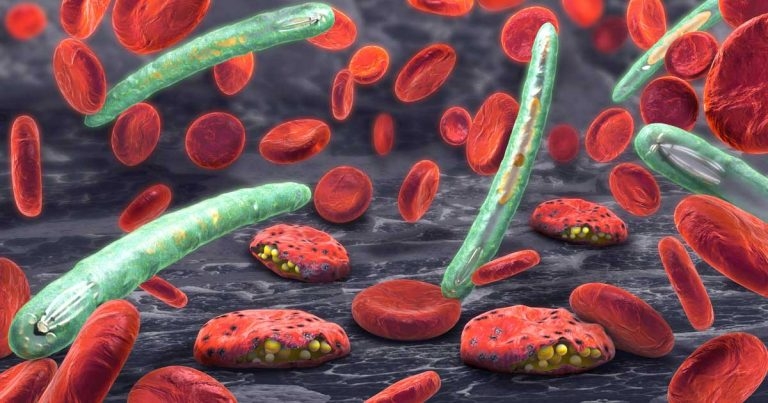21 Dec 2023
A newly published study argues new insights into how the infection progresses can help the development of medicine specifically targeting the process.

Image: © Christoph Burgstedt / Adobe Stock
Scientists have claimed a newly published study involving RVC researchers means they are now better placed to develop effective vaccines against malaria.
The college has worked with academics at the University of Oxford on a paper, published in the Nature journal, examining the role of the Plasmodium parasite in the progression of infection.
The paper describes how the malaria parasite secretes a special protein known as a PfRCR, which effectively acts as a bridge enabling the parasite to enter more red blood cells.
Although the researchers acknowledge further work is needed to protect people, particularly children, from the disease, they say understanding the process offers an “exciting opportunity” for further advances.
RVC vaccinology lecturer Ellen Knuepfer said: “Our results demonstrate that the essential multi-protein PfRCR complex does not function to create a molecular pore in the red blood cell membrane, but rather as a molecular bridge, connecting the parasite to the red blood cell membrane during invasion.
“Excitingly, new structural insights will help us to rationally design therapeutics that target specific domains of this protein complex and hinder its function.”
Malaria is estimated to cause around 600,000 deaths a year worldwide, disproportionately affecting children in Africa.
The study, in which the college worked with researchers at Oxford’s Higgins Laboratory, used “structure-guided” models to examine how the protein develops and works.
Matthew Higgins, who headed the Higgins team, said: “We are delighted to be able to see, for the first time, this piece of molecular machinery which is essential for the malaria parasite to get inside our red blood cells.
“It was a pleasure to work with the RVC to test what the PfRCR does and to rule out some possible hypotheses for its essential role.
“Now that we know how PfRCR forms a bridge between parasite and erythrocyte, this will help us to design better vaccines against malaria.”
The publication of the study follows the announcement earlier this year of a new partnership between the college and Oxford’s Pandemic Sciences Institute to work together on infectious disease research.